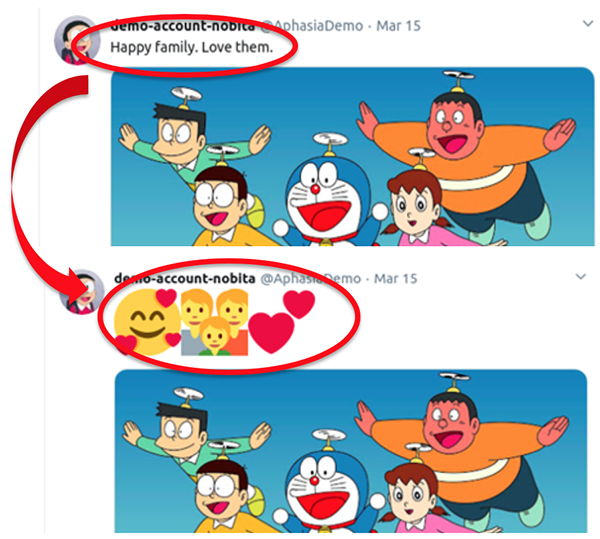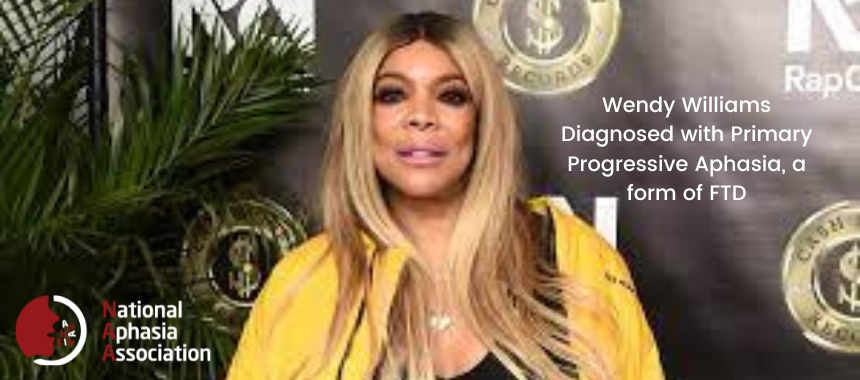A team of students from the National University of Singapore developed an app that allows people with aphasia to interact with friends on Facebook, Twitter, and Instagram. The browser extension converts texts into simple emojis or uses emojis to write text. The students—Ho Bing Xuan (Computer Science), Tan Su Kee (Psychology), Yuan Sin Yi (Business Analytics), and Low Wil Liam (Civil Engineering)—told us more about their project.
The Creative Spark
The project came out of a hackathon. It was the first time the students heard about aphasia, and they teamed up with a psychology student to learn more about the condition. They thought a browser extension would be a useful invention. They said:
Since most of our daily interactions are online (especially now with self-quarantine and stay-at-home orders), we created an app that acts as a bridge between people with aphasia and other users when communicating in the online world.
Their goal, as they state in their university newsletter, is to use emojis as the “best means for [people with aphasia] to reconnect with their social network and to better express their emotions to the world.”
How Does it Work?
Users choose a series of emojis that best fits what they want to say. The emojis are then converted into complete sentences and posted to the user’s account. For instance, a happy emoji, a family emoji, and a heart translate as “Happy family. Love them.”
It also works in the opposite direction, taking a sentence—”Happy family. Love them.”—and turning it into three emojis.

The team collected feedback from people with aphasia on how they use and understand emojis in order to create their translator. Facial expression emojis are often used for feelings while emphasis was given to whether the action was taking place in the past, the present, or the future. You can try out the emoji board in order to get a sense of the type of sentences various emojis create, though the board currently does not allow people to post their creations.
The Future of the Project
They are currently looking for funding so they can dedicate more time to the project including determining how people with aphasia understand and use common emojis.
Additionally, “We hope that this project inspires developers to bring more technical solutions to these issues.”
For more information on their project, read the article in their university newsletter.



